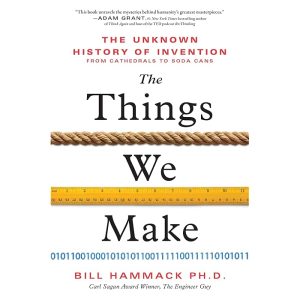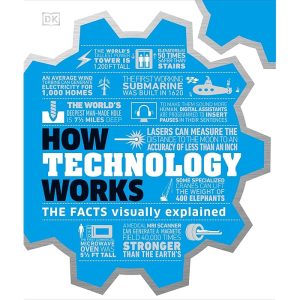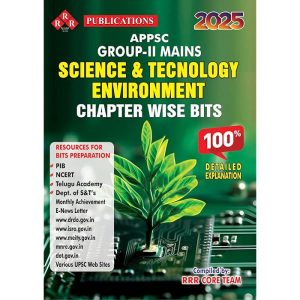Description
GCSE AQA Design and Technology (D&T) 8552 is a qualification that allows students to explore the design and technology field, helping them develop skills in creative problem-solving, designing, and making. The course is offered by the **AQA (Assessment and Qualifications Alliance)**, and it covers a broad range of topics in design and technology, preparing students for further education or careers in engineering, product design, architecture, and other related fields.
### Key Areas Covered in the AQA GCSE Design and Technology (8552) Curriculum:
#### 1. **Core Knowledge:**
– **Materials and Components:** Understanding the properties of materials like wood, metals, plastics, and textiles, and how they are used in manufacturing processes.
– **Design and Innovation:** How to use design thinking and innovation to solve real-world problems. Students learn about the principles of good design, including functionality, aesthetics, and ergonomics.
– **Sustainability and the Environment:** The impact of design and manufacturing on the environment, including considerations of sustainable materials, production processes, and recycling.
– **Techniques and Technologies:** Learning how to use a range of tools, machines, and technologies to create and test prototypes.
#### 2. **Subject Content (Themes):**
The subject content is divided into different themes, such as:
– **Designing and Making Principles:** This covers design processes, problem-solving, prototyping, testing, and the stages of product development.
– **Advanced Materials and Processes:** More in-depth understanding of the materials used in design, their properties, and how to manipulate them for specific applications.
– **Electronics and Systems:** Basic knowledge of electrical circuits, sensors, microcontrollers, and how electronics can be integrated into products.
– **Digital Technologies:** The role of digital design tools like CAD (Computer-Aided Design) and CAM (Computer-Aided Manufacturing) in modern product development.
#### 3. **Assessment:**
– **Paper 1 (Written Exam – 50% of GCSE):** This is a 2-hour exam that assesses students’ understanding of the theoretical aspects of design and technology. It includes a mix of multiple-choice, short-answer, and extended writing questions.
– **Non-Examined Assessment (NEA) – 50% of GCSE:** This is a practical coursework project where students will:
– Identify a problem to solve or an opportunity for a design.
– Conduct research, generate ideas, develop prototypes, and refine designs.
– Create a final product or model and evaluate the success of the design process.
### Key Skills Developed:
– **Creative and Critical Thinking:** Students learn how to think creatively to solve problems and critically evaluate different design solutions.
– **Practical Skills:** Students gain hands-on experience using tools, equipment, and technologies in the creation of prototypes and final products.
– **Project Management:** Through the NEA, students develop time-management and organizational skills as they work through the design process from concept to completion.
– **Communication:** Students must present their ideas, designs, and evaluations clearly, both in written and visual forms.
### Exam Format (Paper 1):
– **Section A:** Core technical principles (20 marks)
– **Section B:** Specialist technical principles (30 marks)
– **Section C:** Designing and making principles (50 marks)
– This section includes a mix of short and long answer questions that assess students’ knowledge and understanding of the subject.
### Key Recommendations for Success:
– **Understand the Design Process:** Get familiar with each stage of the design process, from research and idea generation to testing and evaluating.
– **Practice Drawing and Sketching:** Being able to sketch ideas clearly and professionally is essential in the NEA and exam.
– **Use a Range of Resources:** Explore various materials, tools, and technologies to understand their properties and applications.
– **Stay Updated on New Technologies and Trends:** Design and technology are always evolving, so it’s essential to stay informed about new developments in the field.





Reviews
There are no reviews yet.